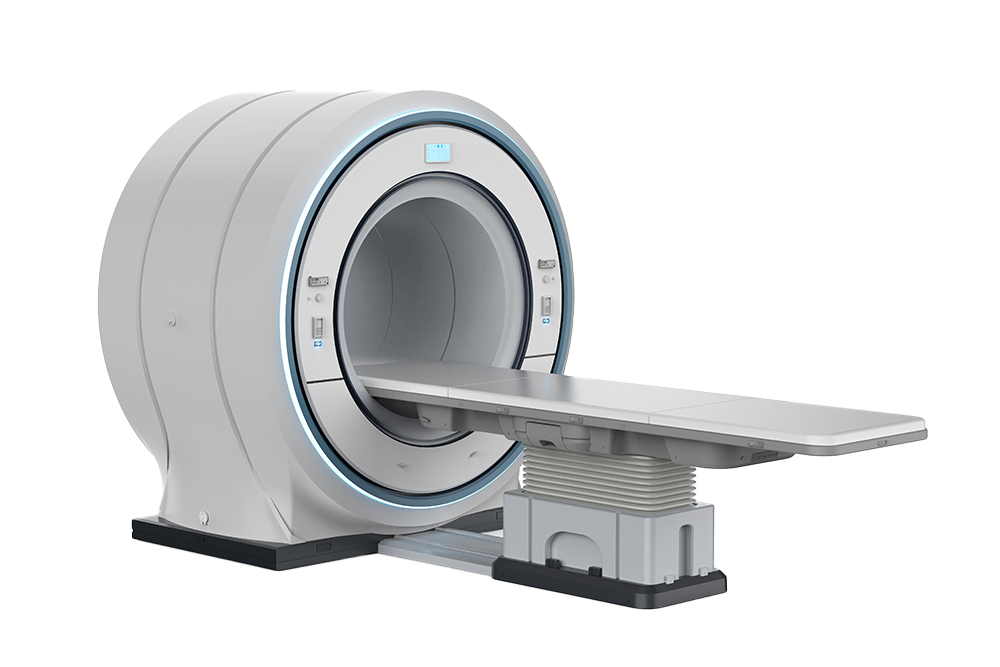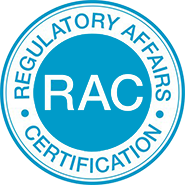About Lori
Lori Carr, RAC (US), CQA (ASQ), RABQSA
President and CEO of Lori A. Carr, Inc., is a Principal Consultant in the Medical Device regulated industry.
Lori has more than 30 years experience in the medical device industry. She was a Medical Device Specialist FDA Investigator in both the Cincinnati and Denver District Offices of FDA. She conducted international and domestic inspections of medical device facilities (including Bioresearch) and trained FDA Investigators in conducting medical device inspections.
As an FDA regulatory compliance consultant, Lori has performed numerous quality assurance audits for medical device companies and clinical sponsors. She has created and implemented Quality Management Systems and provided guidance on quality, regulatory, and compliance issues throughout the world. Her clients include companies that have received FDA Warning Letters, are under FDA injunction or have had product seized by FDA, or are seeking FDA approval/clearance for marketing their products in the United States.

Medical Device Specialist
In her capacity as a Medical Device Specialist, she conducted numerous domestic and international inspections to ensure compliance with applicable FDA regulations including routine GMP, Pre-market (PMA), 510(k), and directed inspections from the Center of Devices and Radiological Health (CDRH) while working in both the FDA Denver and Cincinnati District Offices.
Lori earned a Bachelor’s Degree in Chemistry from Xavier University and was a 2005 graduate of the federal government’s Office of Personnel Management Leadership Development Class.
In 2010, Lori obtained the U.S. Regulatory Affairs Certification (RAC) from the Regulatory Affairs Professionals Society (RAPS) and the Certified Quality Auditor (CQA) certification from the American Society for Quality (ASQ). In 2014, Lori obtained the ISO 13485:2003 Principal Auditor Certification from Exemplar Global (RABQSA), with an update to ISO13485:2016.
In 2018, Lori added the MDSAP (Medical Device Single Audit Program) and EUMDR Certifications to her repertoire of auditing competencies.
FDA Medical Device Regulations…
Get It Right the First Time

Medical Device Services
We assess the current state of FDA Medical Device Compliance of your manufacturing and established Quality System with respect to the Federal Regulations.

Special Services
We are available to assist clients with special projects that require expert experience.

Training
Based on our extensive training experience in the FDA Medical Device space, we are available to assist clients with training opportunities.
Ask us about your projects
If you would like to contact us about helping with your current Quality/Regulatory project, please complete the form below.
Step in the Right FDA Direction
Quality System Assessment
FDA and Quality Activities
Compliance Remediation
Latest News
-
Amphetamine users get higher with a little help from microbial friends
Amphetamines can be extremely helpful for people with certain neuropsychiatric conditions, such as ADHD. However, they are also frequently misused and abused, creating a growing public health problem. There are currently no medicines for treating amphetamine use disorder, but hope may be on the horizon: Researchers have zeroed in on how a common microbe enhances the effects of these drugs — which means they might someday be able to do the opposite.
-
FDA Launches Crackdown on Deceptive Drug Advertising
The U.S. Department of Health and Human Services (DHHS) and the Food and Drug Administration (FDA) announced on 09 SEP 2025 sweeping reforms to rein in misleading direct-to-consumer pharmaceutical advertisements. The FDA sent thousands of letters warning pharmaceutical companies to remove misleading ads and issuing approximately 100 cease-and-desist letters to companies with deceptive ads.
-
Microbes in Baboon Poop Offer Clues into Aging: Microbiome clocks based on patterns in baboons’ gut microbes reflect demographic and socio-environmental factors, providing insights into aging
Wild baboon microbiome offers clues to healthy aging: Researchers working with wild baboons in East Africa used microbiome data from fecal samples to develop a gut-based biological aging clock, which they used to predict chronological age with an error rate of two (2) years, outperforming human-based versions. This animal model revealed that age-related shifts in microbial diversity are influenced by sex, social status, and environmental conditions, and the findings, reported in eLife, may help scientists better understand how manipulating the microbiome can promote healthy aging in humans.
-
Medtech Professionals Work Over 25% More than the Average American
Analysis reveals medical device professionals are putting in over a quarter (1/4) more working hours than the average American — the equivalent of 69 extra workdays annually.
-
Can Peanut Allergies be Cured? – Remarkable new treatments can free millions of kids and adults from the deadly threat of peanut allergy, tackling one of our fastest-growing medical problems
Peanut allergies and the search for a cure: Peanut allergies, once rare, have become a major public health challenge since the 1990s, affecting millions of children and adults and reshaping daily life in schools and homes. The causes remain unclear, with theories pointing to overly clean environments, genetics and delayed childhood exposure. A true cure is not yet available; however, new therapies such as oral immunotherapy, skin patches, biologic drugs like Xolair, immune resetting regimens and early peanut introduction in infants offer families real hope for safety and a future with fewer restrictions.
-
The Supreme Court allows Trump to cut research funding
The Supreme Court has ruled that the Trump administration can proceed with cutting $783 million in research funding as part of its efforts to reduce federal diversity, equity and inclusion initiatives. The decision, made by a 5-4 vote, lifts a previous block on these cuts, although future funding cuts under the same directive remain blocked. The ruling has sparked criticism from Democratic state attorneys general and public health groups, who argue that it disrupts scientific research and potential breakthroughs. The Justice Department supports the cuts, arguing that funding decisions should not be subject to judicial review.





